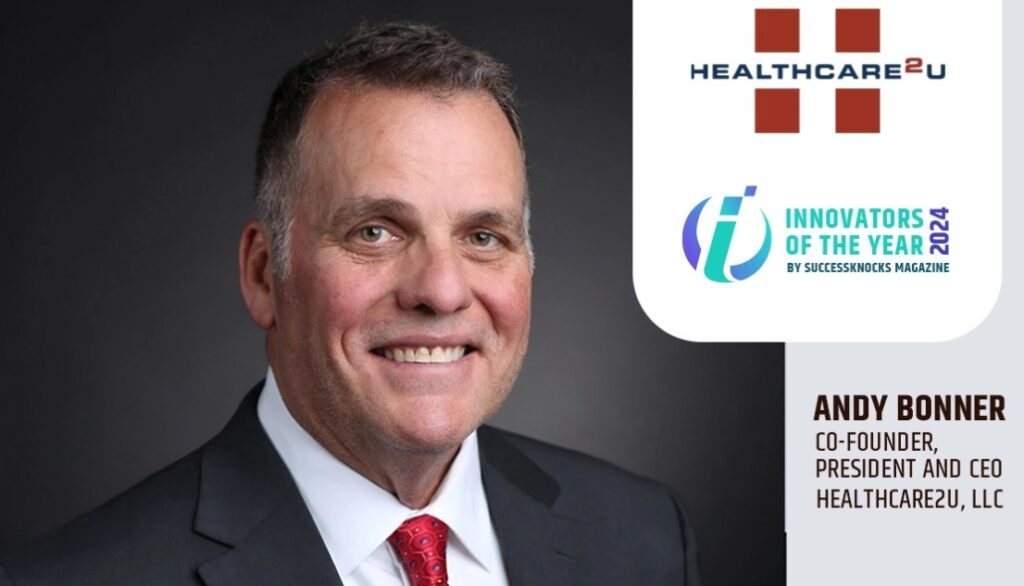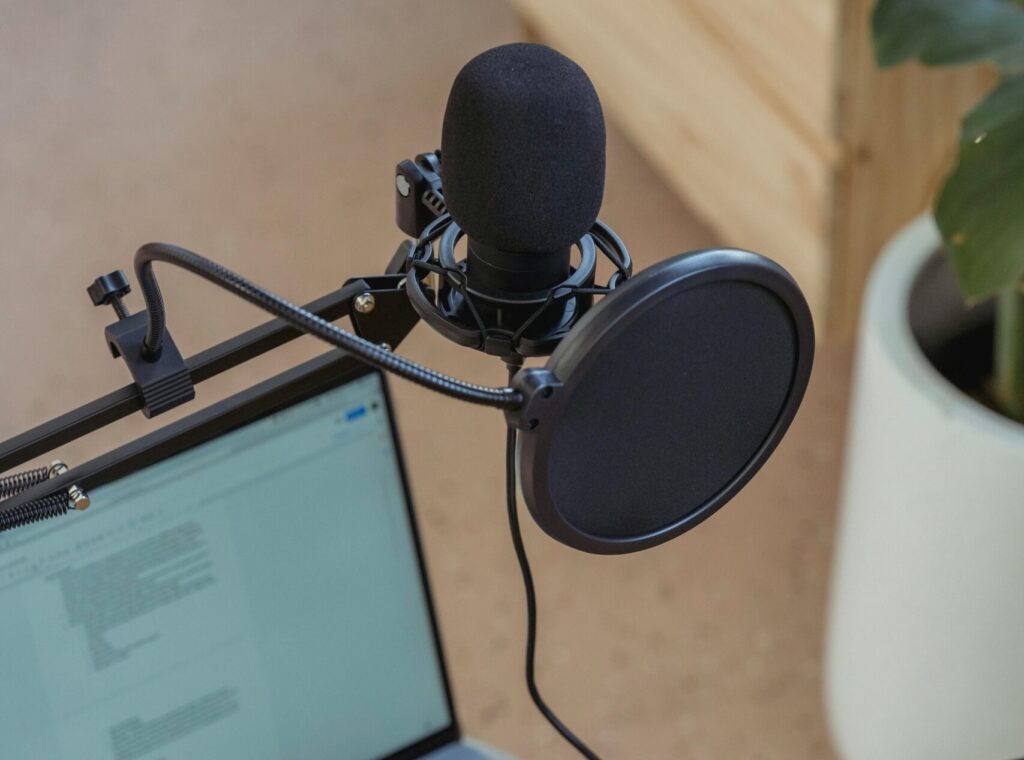High blood pressure, or hypertension, often has no symptoms or warning signs. This silent foe can harm your blood vessels, heart, brain, eyes, and kidneys. An estimated 46 percent of adults in the United States have hidden causes of hypertension. Unhealthy habits like smoking, poor diet, and lack of exercise can combine to contribute to elevated blood pressure. Still, other lesser-known factors can contribute to this condition.
Commonly Overlooked Causes of Hypertension
Hypertension usually stems from arteriosclerosis, the hardening, and stiffening of the arteries, but it can also be a sign of other issues in the body. If you have resistant hypertension, it’s worth having your doctors check for a secondary cause.
A commonly overlooked source of high blood pressure is the breath-holding type of snoring known as obstructive sleep apnea. Sleep apnea causes sudden drops in blood oxygen levels that increase blood pressure and strain the whole cardiovascular system.
Obstructive sleep apnea might also increase your risk of recurrent heart attack, stroke, and abnormal heartbeats like atrial fibrillation. Treating it can improve blood pressure and overall cardiovascular health.
The trouble with Adrenal Glands
Some people with resistant hypertension have overactive adrenal glands. For about one of every 15 people with high blood pressure, an imbalance of the hormone aldosterone may be to blame.
Aldosterone is a key regulator of sodium and potassium in the body, but too much aldosterone (hyperaldosteronism) makes the kidneys retain too much sodium and water. When that extra fluid ends up in the bloodstream, it increases blood pressure.
A common sign of hyperaldosteronism is low blood potassium levels, which may cause symptoms such as weakness, heart rhythm abnormalities, and muscle cramps. People with high blood pressure and low potassium may need a blood test for aldosterone and renin, a protein made by the kidneys.
Symptoms of High Blood Pressure
Some people with high blood pressure may have headaches, shortness of breath, or nosebleeds, but these signs and symptoms aren’t specific and usually don’t occur until high blood pressure has reached a severe or life-threatening stage.
Other symptoms of extremely high blood pressure include:
- Fatigue or confusion
- Vision problems
- Chest pain
- Difficulty breathing
- Irregular heartbeat
- Blood in the urine
- Pounding in your chest, neck, or ears
If you experience any of these symptoms, contact a doctor immediately. You could be having a hypertensive crisis that could lead to a heart attack or stroke. Even if you aren’t experiencing these symptoms, experts recommend getting your blood pressure checked at least once every two years once you’re over the age of 18.
How to Control Blood Pressure
A healthy lifestyle can play an essential role in treating high blood pressure. It could even help one avoid, delay, or reduce the need for medication. Here are some lifestyle changes you can implement to lower your blood pressure and suppress the hidden causes of hypertension.
- Exercise regularly – About 30 minutes most days of the week can lower your blood pressure by about 5 to 8 mm Hg.
- Lose excess weight – You may reduce your blood pressure by about 1 mm Hg with every 2.2 pounds of weight lost.
- Consider boosting potassium – Talk to your doctor about the level of potassium that’s best for you as it can lessen the effects of sodium on blood pressure. The best source of potassium is fruits and vegetables, rather than supplements.
- Reduce sodium in your diet – Even a small reduction in the sodium in your diet can improve heart health and reduce blood pressure by about 5 to 6 mm Hg.
- Reduce stress – Make time each day for breathing exercises and enjoyable activities or hobbies.
Talk with your doctor about how often you need to check your blood pressure, especially if you’re making any changes in your medications or other treatments. Getting support from family and friends can also help improve your health and reduce the threat of hypertension. They can be the allies you need to choose a beneficial path of eating healthier and exercising more.







